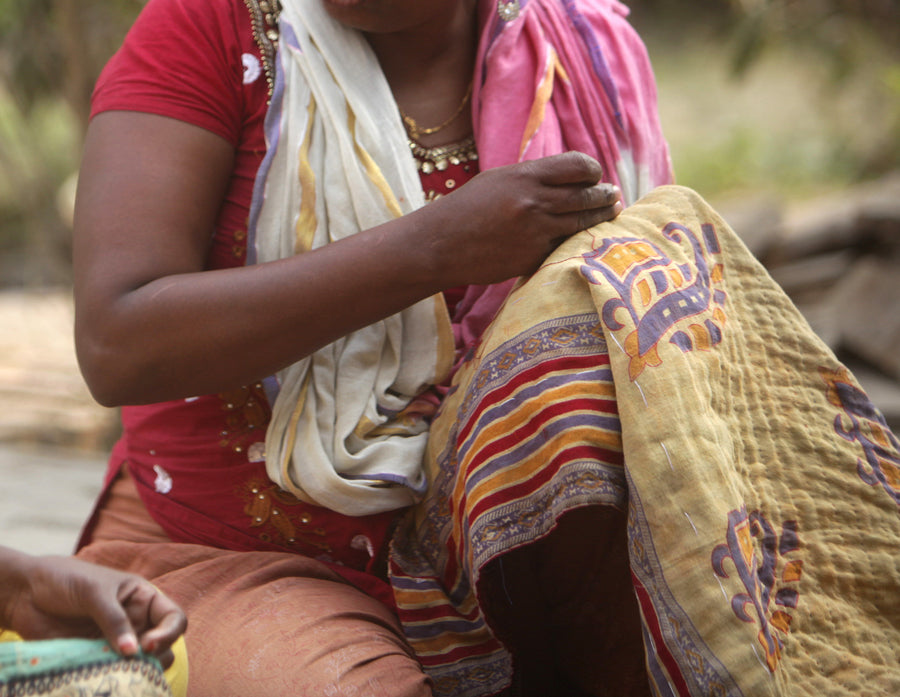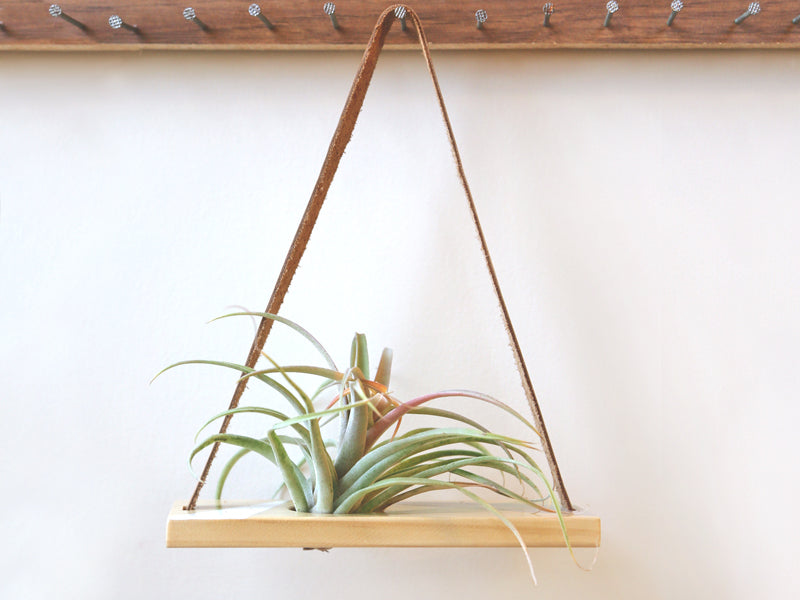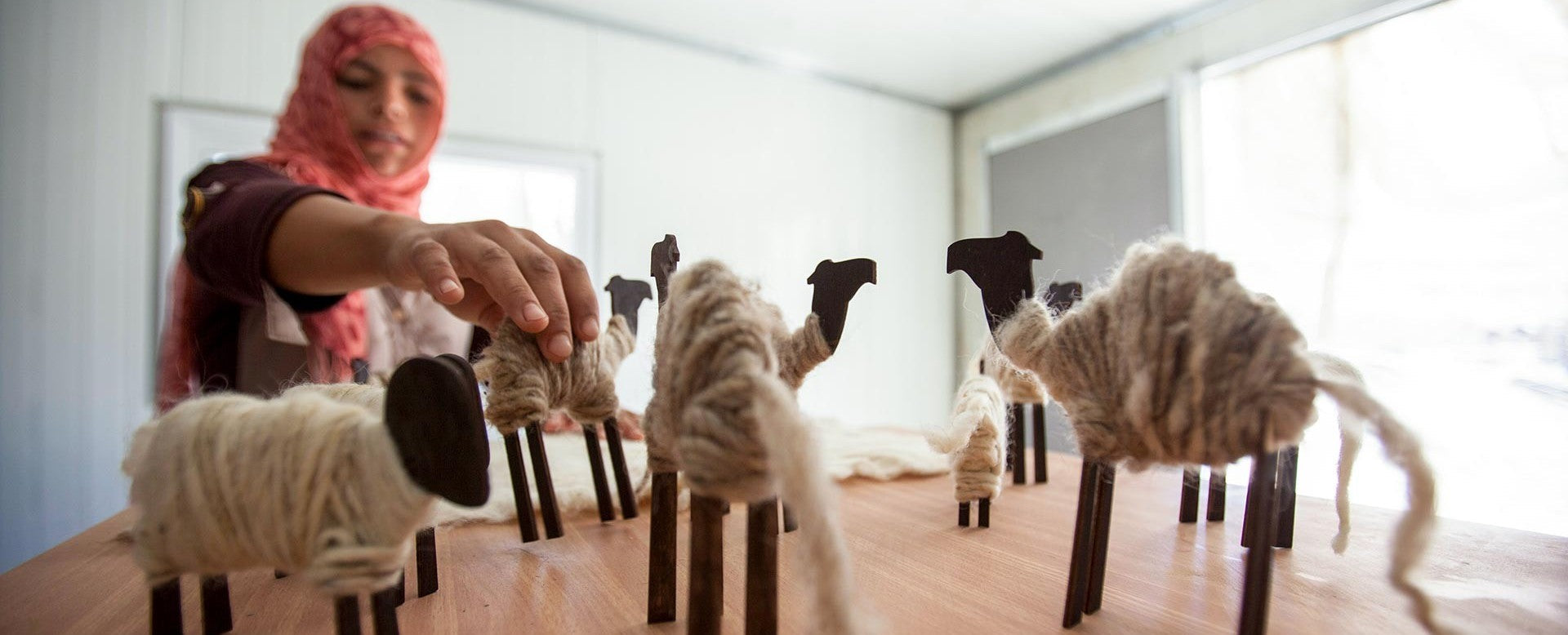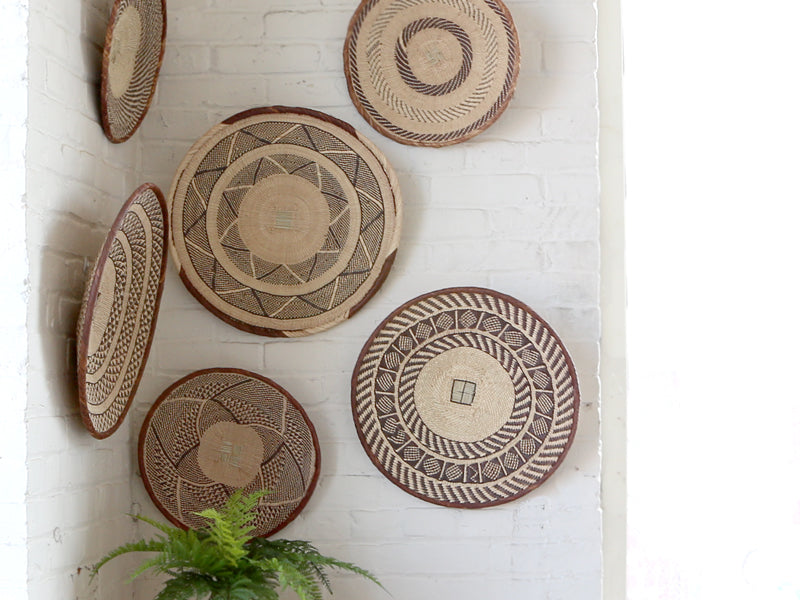Incomes that change the outcome


“Help a woman earn her own income and she will never be held down again.” -Irani Sen
50 years ago, an arranged marriage ended dreams of earning a physics degree for a bright Indian student named Irani Sen. When her husband abandoned her a few years later, resources were frighteningly scarce for the young single mother. Determination, however, was not. Irani found work – and her calling – with some of India’s earliest fair trade organizations. Driven by deep-seated beliefs in social equality and personal experience, she has helped women across India create their own identities and achieve independence by becoming economically self-sufficient.
Women represent more than 60% of Ten Thousand Villages’ partner artisans,
because research shows that empowering women – and their daughters – strengthens communities. Sustainable economies develop when women and girls have equal access to education, health care and dignified work. To truly understand the impact that fair trade work has on women, it is important to appreciate the cultural contexts and individual experiences of their jobs and their income — and the opportunities they create.

In Bangladesh, a long history of extreme poverty means that uneducated women searching for employment sometimes have the most of dire of choices. Sacred Mark trains and employs graduates of a year-long program called Pobitra, which helps women break free from sex work and rebuild their lives. For those who live in the country’s many rural areas, there are few jobs at all, and many women move to Dhaka to work in unregulated factories. But through social enterprises that employ women to make handicrafts from local natural materials, women can stay with their families and earn sustainable incomes doing work that is safe.

In Honduras, the cooperative Candelas La Luciérnaga provides jobs for survivors of domestic violence; their candle-making work supports a shelter for abused women and their children. On the island of Lombok in Indonesia, membership in a pottery cooperative is a job opportunity that women can pass on to a daughter upon their retirement.

For women in developing countries, as for many American women, work means security and comfort for their families.
Still, the women who create embroidered textiles at St. Mary’s Mahila Shikshan Kendra in Ahmedabad, India, point to something deeper and more personal, but no less universal.

They are proud that the wages they earn have given them an identity. The group leaders observe,
“The women feel this is my money; what I earn belongs to me. They have a right over that money. They were timid and afraid before, now they speak up without fear.”
In societies where gender inequality is a cultural norm, a woman’s ability to earn an income strengthens her position in her family and her community. Fair trade does not speak for women or make choices for them. Fair trade gives women a path to claim their own voices and the power to make their own decisions.
“Just because I am in a better place now doesn’t mean that I can tell you what’s right for you. You have to find it on your own.” -Irani Sen





Comments